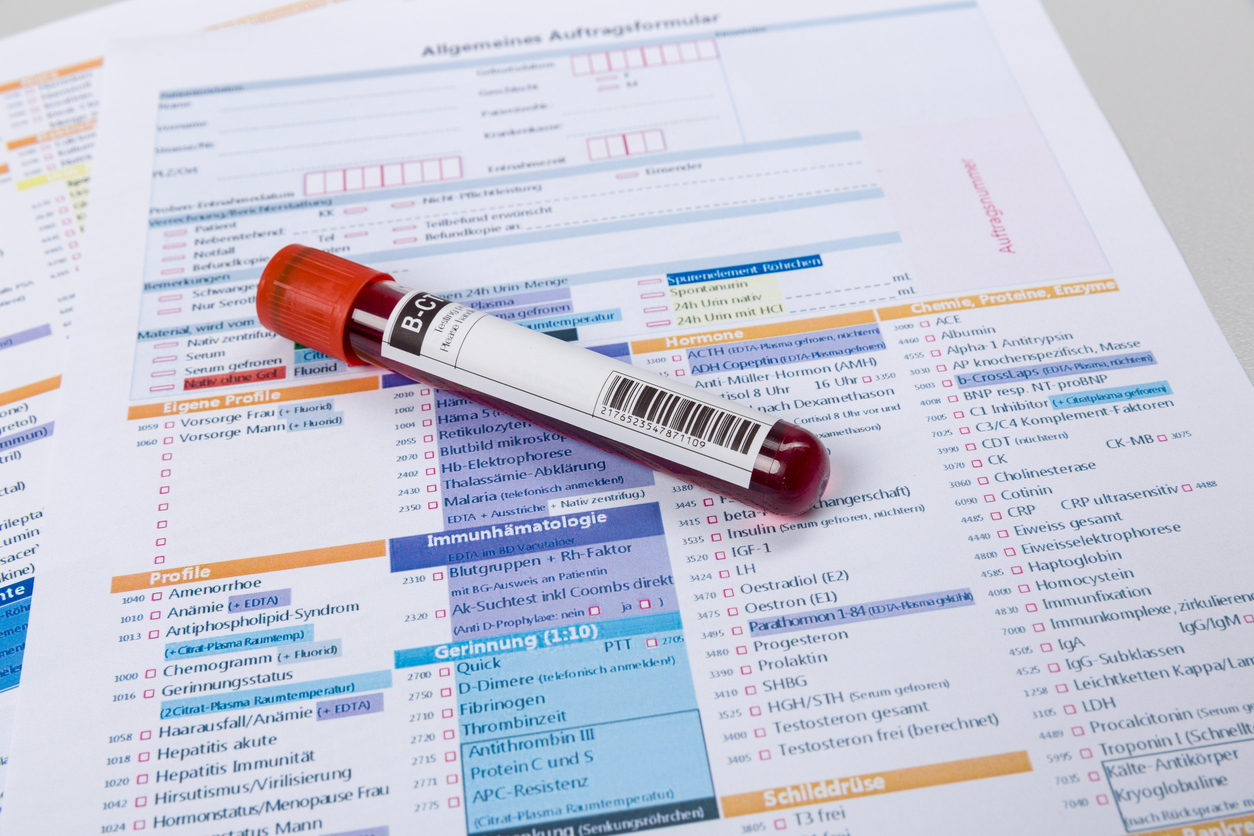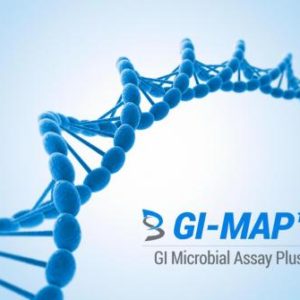$459.00
This customized Foundational Health Review Panel can be ordered through Laura Schoenfeld’s Direct Labs account (external link). Lab tests covered by this comprehensive health review panel include:
— CMP
— Lipids
— hsCRP
— Fasting Glucose
— HgA1c
— Fasting Insulin
— CBC
— TSH
— T3 Free
— T4 Free
— Reverse T3
— Thyroid Antibodies
— Vitamin D
— Vitamin B12
— Folate
Description
Fasting Required: Yes
Specimen: Blood
Results: 7-10 Business Days
This customized Foundational Health Review Panel can be ordered through Laura Schoenfeld’s Direct Labs account (external link). Labs covered by this comprehensive health review panel include:
- CMP
- Glucose: Blood sugar level, the most direct single test to uncover diabetes, may be used not only to identify diabetes, but also to evaluate how one controls the disease.
- Kidneys:
Bun (Urea Nitrogen)—Another by-product of protein metabolism eliminated through the kidneys. BUN is an indicator of kidney function.
Creatinine, Serum—An indicator of kidney function
Bun/Creatinine Ratio—Calculated by dividing the BUN by the Creatinine
Glomerular Filtration (eGFR)—Provides an assessment of the filtering capacity of the kidney. - Fluids & Electrolytes:
Sodium—One of the major salts in the body fluid, sodium is important in the body’s water balance and the electrical activity of nerves and muscles.
Potassium—Helps to control the nerves and muscles
Chloride—Similar to sodium, it helps to maintain the body’s electrolyte balance
Carbon Dioxide, Total—Used to help detect, evaluate, and monitor electrolyte imbalances. - Calcium: A mineral essential for development and maintenance of healthy bones and teeth. It is important also for the normal function of muscles, nerves and blood clotting.
- Liver:
Protein, Total—Together with albumin, it is a measure of the state of nutrition in the body.
Albumin—Serum one of the major proteins in the blood and a reflection of the general state of nutrition
Globulin, Total—A major group of proteins in the blood comprising the infection fighting antibodies
Albumin/Globulin Ratio—Calculated by dividing the albumin by the globulin
Bilirubin, Total—A chemical involved with liver functions. High concentrations may result in jaundice.
Alkaline Phosphatase—A body protein important in diagnosing proper bone and liver functions
Aspartate Aminotransferase (AST or SGOT)—an enzyme found in skeletal and heart muscle, liver and other organs. Abnormalities may represent liver disease.
Alanine Aminotransferase (ALT or SGPT)—an enzyme found primarily in the liver. Abnormalities may represent liver disease.
- Lipids
- Total cholesterol: This is the total amount of cholesterol in your blood.
- Low-density lipoprotein (LDL) cholesterol: This is referred to as “bad” cholesterol, and too much of it can lead to heart attack, stroke, and atherosclerosis.
- High-density lipoprotein (HDL) cholesterol: This is referred to as “good” cholesterol because it helps remove LDL cholesterol from your blood.
- Triglycerides: When you eat, your body converts the calories it doesn’t need into triglycerides, which are stored in your fat cells.
- hsCRP
- Fasting Glucose
- HgA1c
- Fasting Insulin
- CBC
- WBC—White blood cells are the body’s primary defense against disease. White blood cells help fight infection.
- RBC—Red blood cells are responsible for carrying oxygen to and carbon dioxide away from all cells. Iron deficiency will lower RBC.
- Hemoglobin—A chemical compound inside red cells that transports oxygen through the blood stream to all cells of the body. Oxygen is needed for healthy organs. Hemoglobin gives the red color to blood.
- Hematocrit—Hematocrit measures the amount of space red blood cells take up in the blood. It is reported as a percentage.
- Lymphocytes—The results of this and basophils, eosinophils, monocytes and neutrophils deal with white blood cell function. Important to the body’s defense against infection. Also important in the assessment of nutritional status.
- Monocytes—The results of this and basophils, eosinophils, lymphocytes, and neutrophils deal with white blood cell function. Important to the body’s defense against infection. Also important in the assessment of nutritional status.
- MCH Mean—Mean corpuscular hemoglobin (abbreviated as MCH) is an estimate of the amount of hemoglobin in an average red blood cell.
- MCHC Mean—Mean corpuscular hemoglobin concentration (abbreviated as MCHC) is an estimate of the concentration (amount) of hemoglobin in a given number of packed red blood cells.
- MCV Mean—Average amount of space occupied by each red blood cell. Red blood cells help carry oxygen in the blood.
- Neutrophils—The results of this and basophils, eosinophils, lymphocytes, and monocytes deal with white blood cell function. Important to the body’s defense against infection and also important in the assessment of nutritional status.
- Platelets—Blood cell particles involved with the forming of blood clots.
- RDW—Red cell distribution width (RDW) is a calculation of the variation in the size of your RBC’s. In some anemias, such as pernicious anemia, the amount of variation (anisocytosis) in RBC size (along with variation in shape – poikilocytosis) causes an increase in the RDW.
- TSH
- T3 Free
- T4 Free
- Reverse T3
- TAA
- TPO
- Vitamin D
- Vitamin B12
- Folate





+ show Comments
- Hide Comments
add a comment